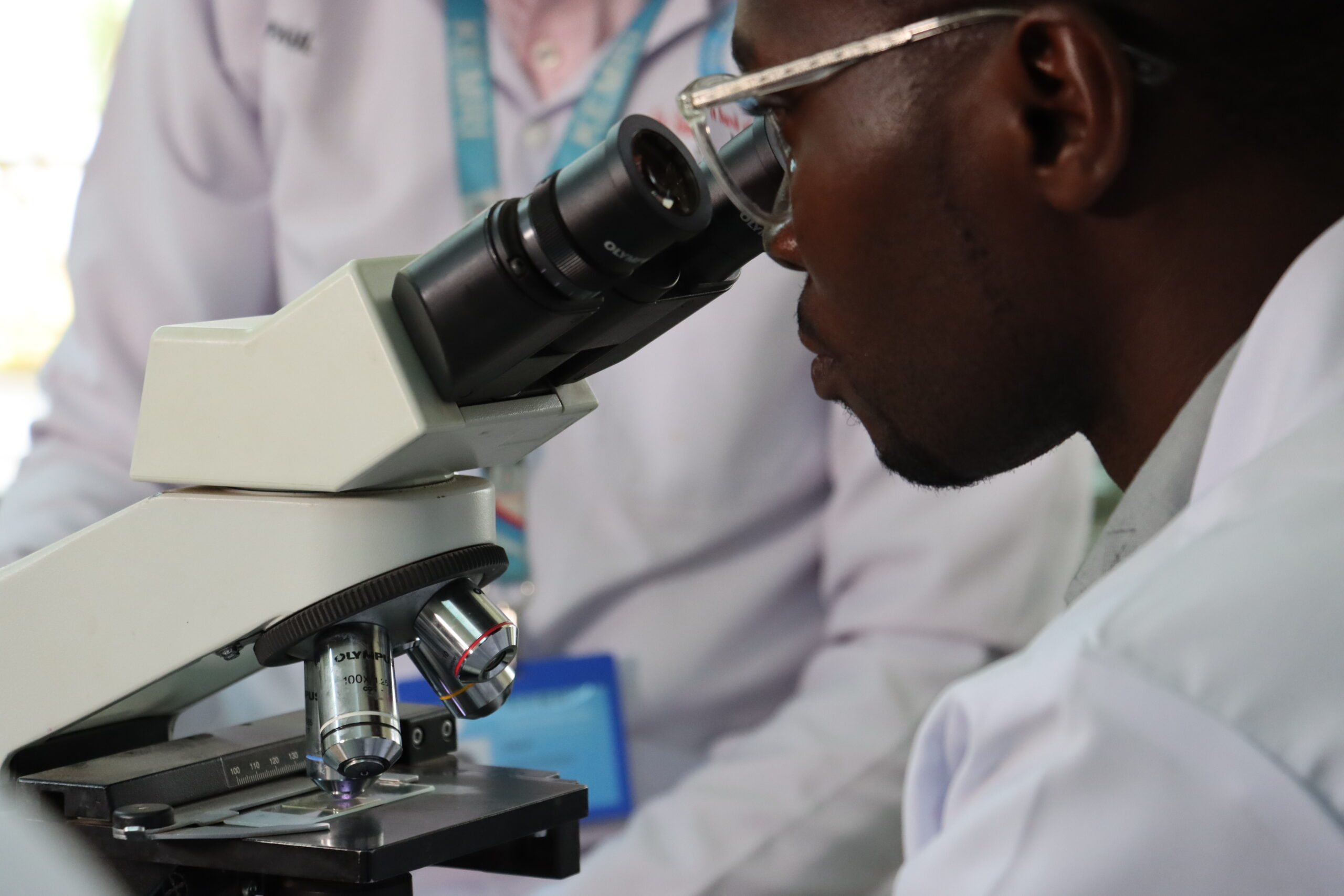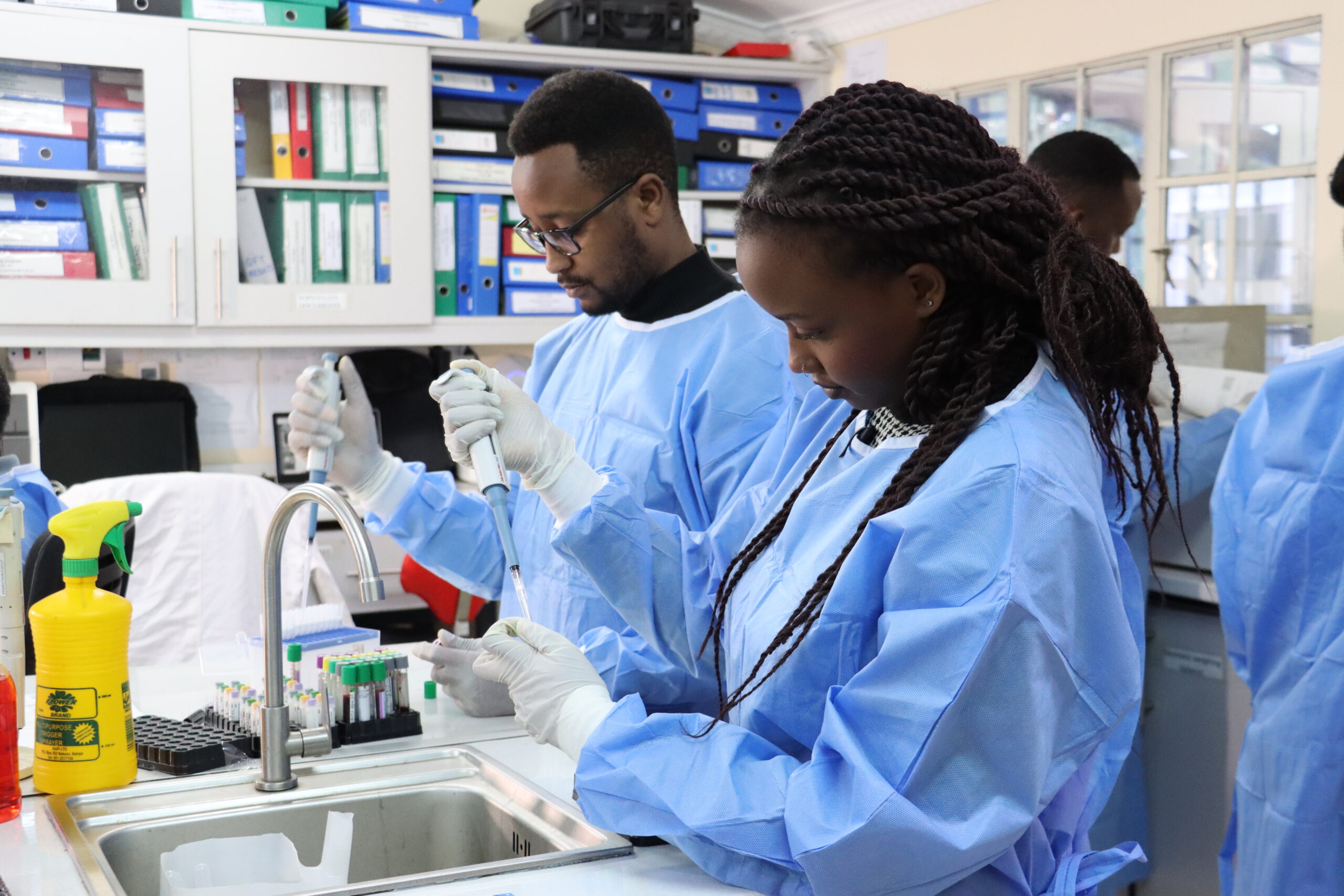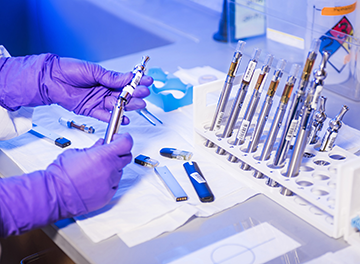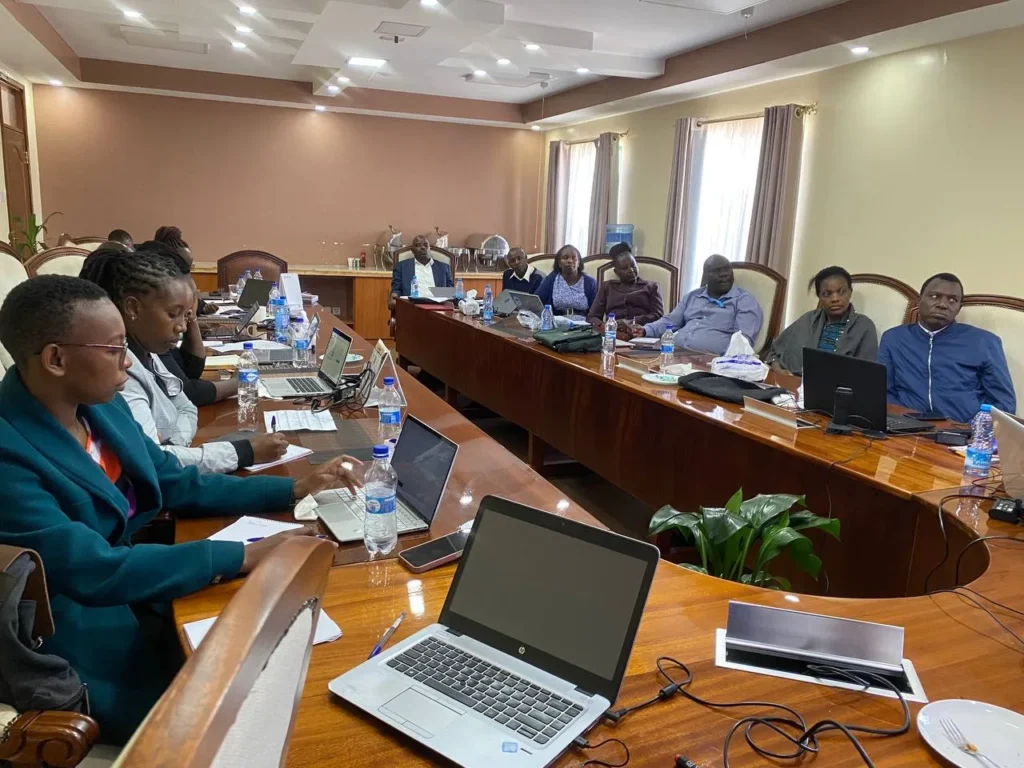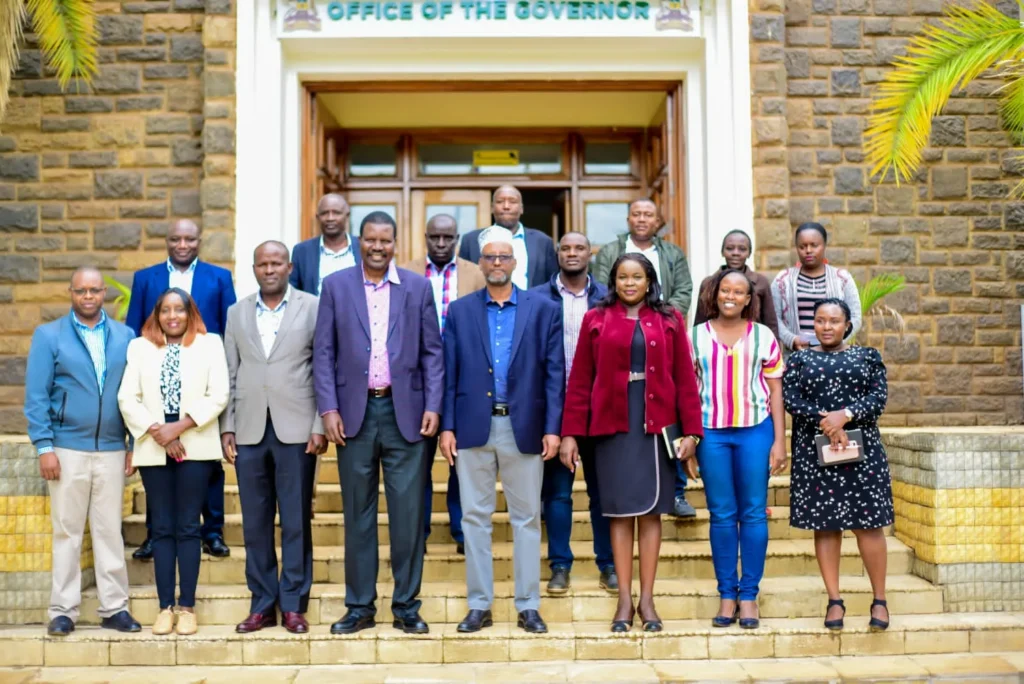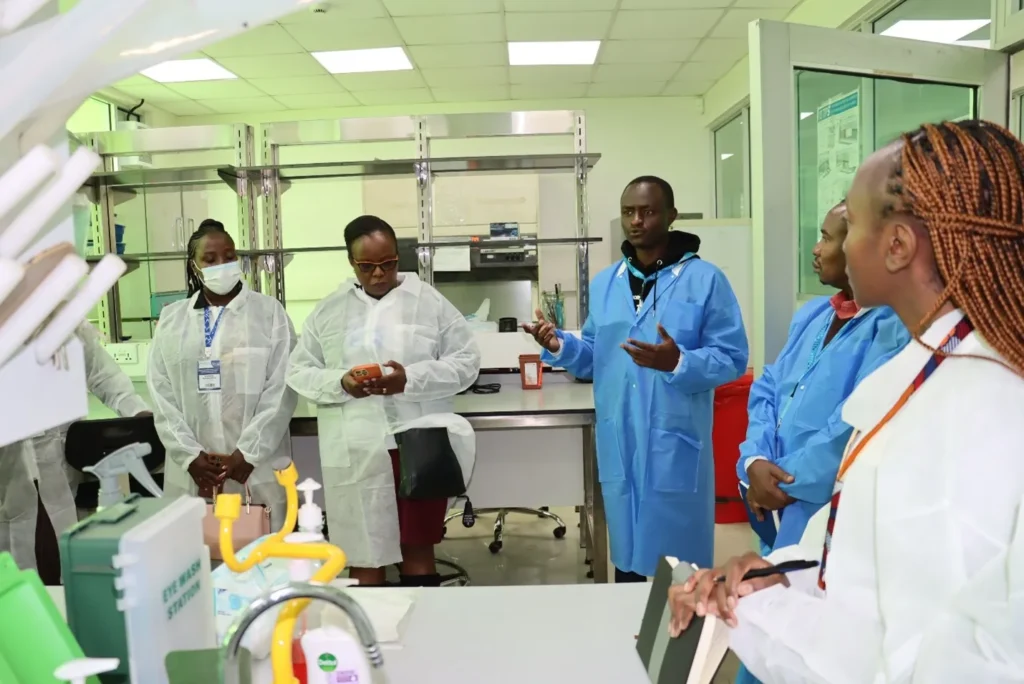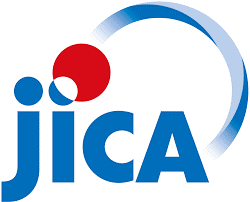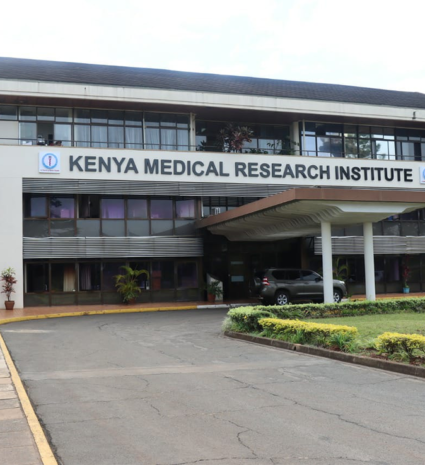
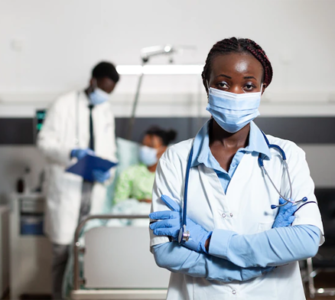
WHO WE ARE
The Kenya Medical Research Institute (KEMRI) is a State Corporation established in Kenya in 1979 through the Science and Technology (Repealed) Act, Cap 250 of the Laws of Kenya operated under the Science Technology and Innovation Act, 2013 as the national body responsible for carrying out research in human health in Kenya. Currently, KEMRI operates under Legal Notice No. 35 of March 2021.
KEMRI has grown from its humble beginning over 40 years ago to become a regional leader in human health research. The Institute currently ranks as one of the leading Centres of excellence in health research both in Africa as well as globally. Our mission is to improve human health and quality of life through research, capacity building, innovation and service delivery.
14th KEMRI Annual Scientific and Health Conference
(KASH)
14th-16th February, 2024
Theme:
Harnessing Biomedical
Research Innovations and Big Data for Health System Resilience, Local Manufacturing and Commercialization
KASH is the KEMRI Annual Scientific and Health Conference launched in 2010 with the mission to mainstream KEMRI’s scientific and health agenda by dissemination, sharing and digesting scientific outputs and other allied products including networking and strengthening partnerships and collaborations to Improve health and quality of life.
OUR SCIENTIFIC PROGRAMMES
BIOTECHNOLOGY
Projects areas include: Vaccine Development, Diagnostics, Genetic Engineering, Bioin-formatics…
PUBLIC HEALTH & HEALTH SYSTEMS
Projects areas include: epidemiology, behavioural and social sciences, nutrition, environmental/ occupational health, oral …
SEXUAL REPRODUCTIVE ADOLESCENT & CHILD HEALTH
Projects areas include: maternal health, child health, adolescent health, STI’s, Gender Based Violence (GBV), infertility, sexual…
NATURAL PRODUCTS & DRUG DEVELOPMENT
We craft unique digital experiences. With more than 7 years of expertise we design and code clean…
Read More >
INFECTIOUS & PARASITIC DISEASES
IPDRP focuses on the following sub-disciplines: Virology, Bacteriology, Mycology, Helminthology, Neglected Tropical Diseases and Zoonotic diseases…
NON COMMUNICABLE DISEASES
We craft unique digital experiences. With more than 7 years of expertise we design and code clean
DAILY NEWS
LATEST POSTS


